■ Bridging the Gap
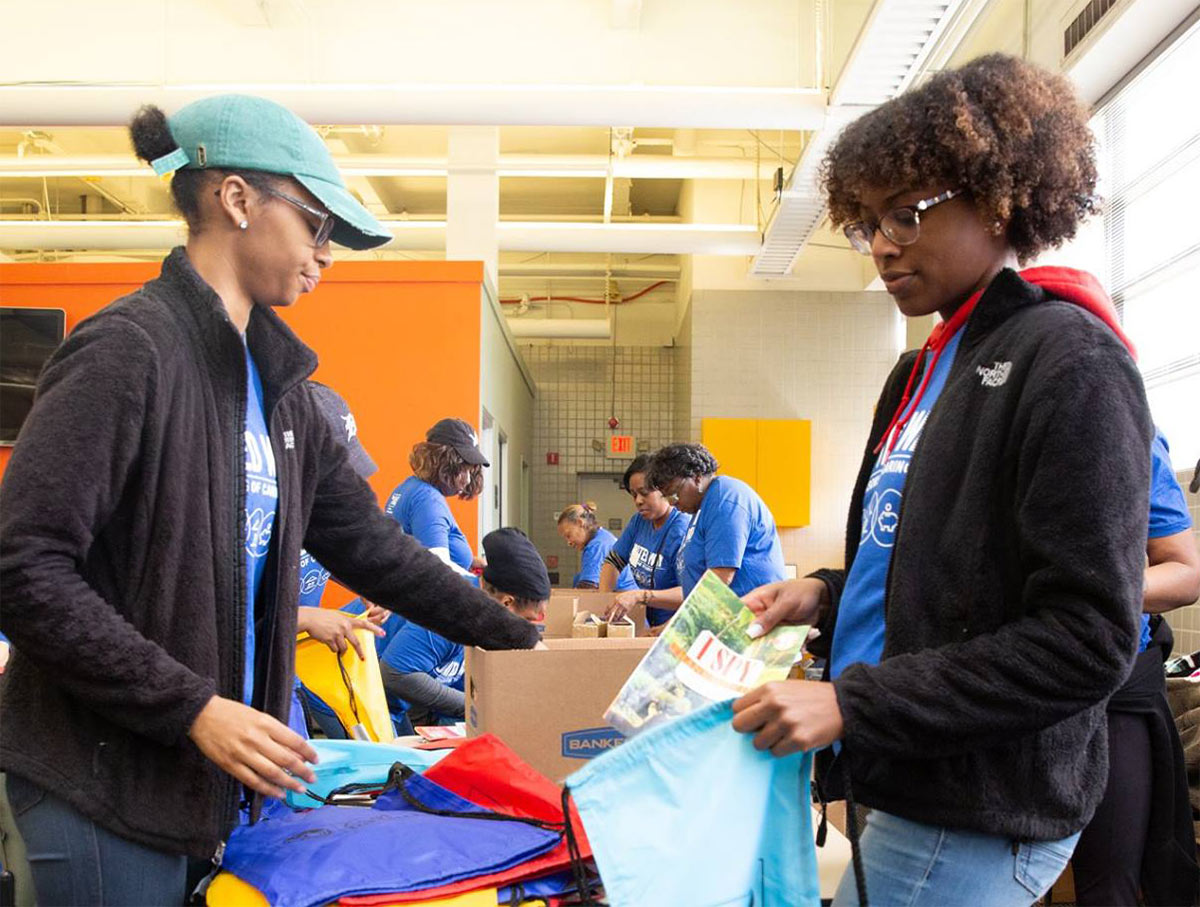
By Meg Mathis
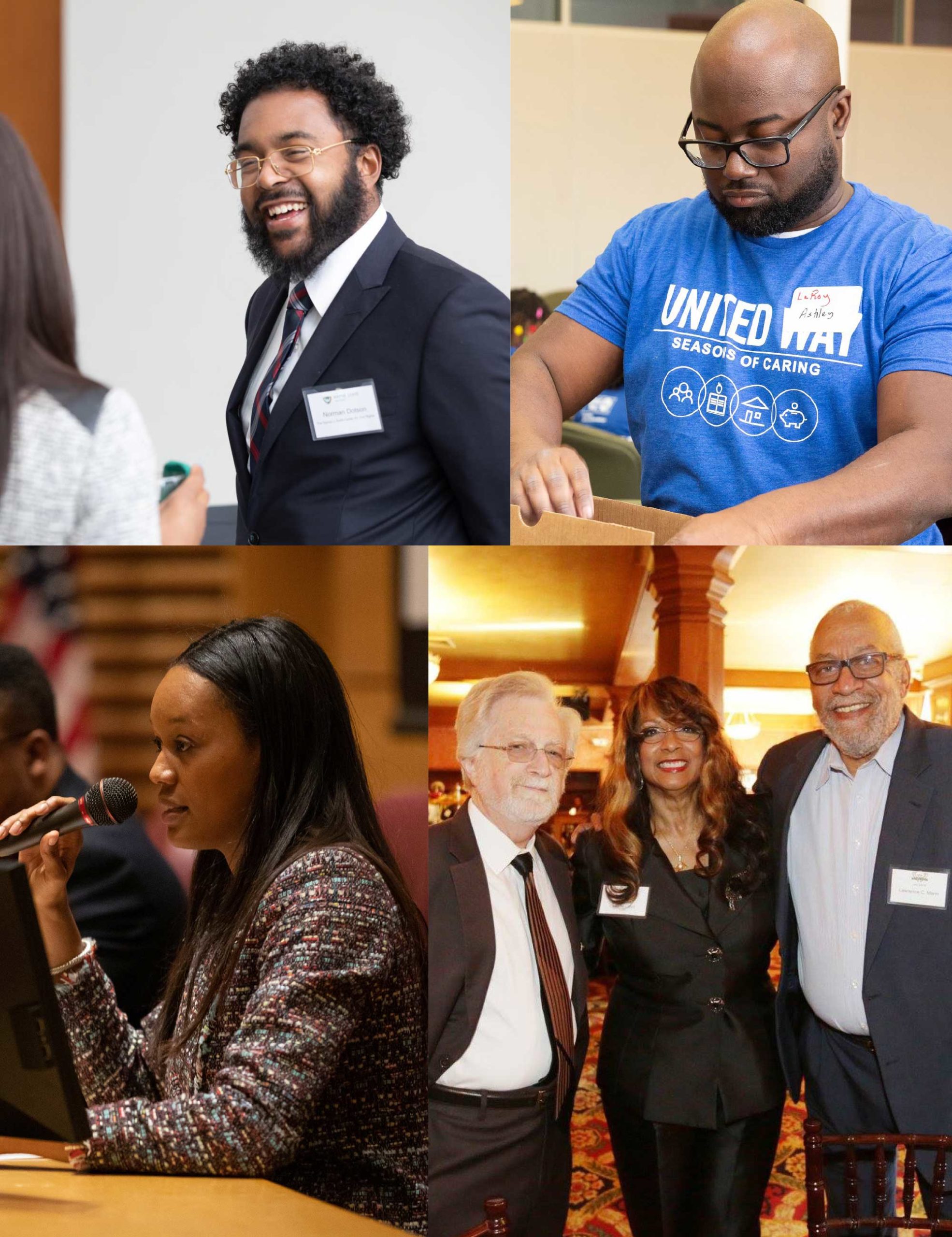
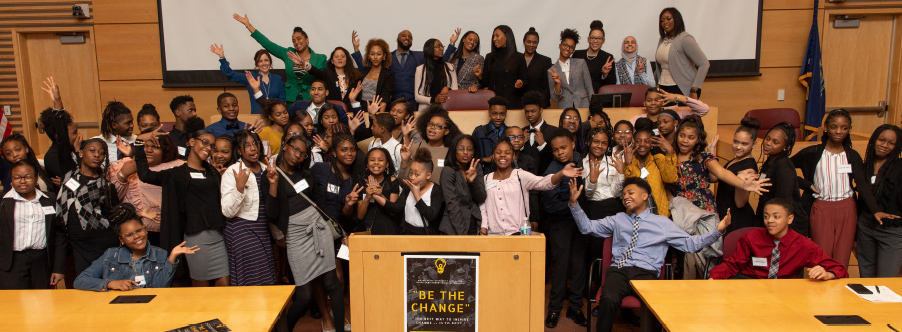
Smith-Scott began brainstorming ways to reach young minds, and she approached fellow members of the Black Law Students Association (BLSA) — of which she was community chair from 2018 to 2020 — with an idea for a pilot program: Be the Change.
The inaugural Be the Change event in March 2020 saw BLSA members welcoming 60 middle school students from David Ellis Academy to the Law School to take a tour, connect with local attorneys and participate in a mock debate. Throughout the day, the middle schoolers learned the fundamentals of argumentation, teamwork and advocacy as they interacted with law students and professionals who looked like them.
“The idea of Be the Change is you can’t be what you don’t see,” said Smith-Scott. “For them to understand that you can persevere was extremely important. I also think eighth grade is that pivotal point before high school where there’s peer pressure, there’s questioning yourself and there also is thought about life after high school.”
This commitment to service is guiding BLSA President Mikaela Armstead in organizing the Law School’s 2021 Black History Month celebration.
“We want to provide a space where we can share Detroit culture and Black Detroit culture, and really involve the community as much as we can on a virtual platform,” said Armstead, noting that BLSA plans to showcase minority-owned businesses this year along with a fundraising project, plus hallmark events like the judges and law partner panels.
Currently a 2L, Armstead is passionate about broadening the Law School’s path to the community. Last July, BLSA submitted a letter to Dean Richard A. Bierschbach with eight action items to support Black students and community members. In the months since then, BLSA members have met with the dean to discuss progress on these objectives, which include a biannual service initiative and additions to the Law School curriculum.
“We have an obligation to give back to our community. That was one of our goals: really making strides in making Wayne Law a better place,” said Armstead. “We have the tools to do better, and now is the perfect time to do better.”
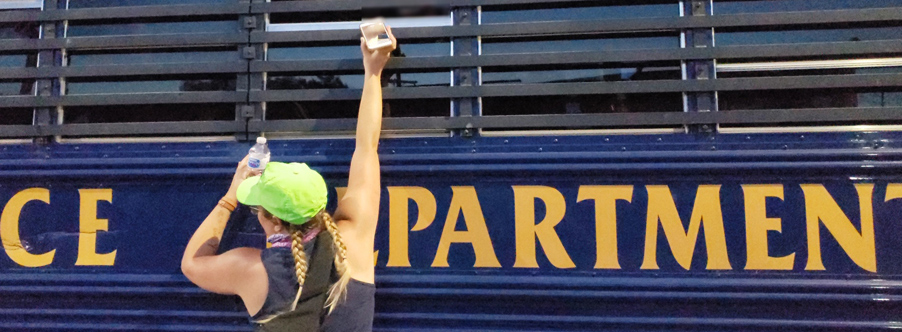
To hear the 2L tell it, becoming a law student really opened her eyes to systemic injustice.
“The gate [to law school] is so hard to get through. Everyone comes to the classroom with a different background and a different amount of privilege,” Thayer said. “But you hold such an important role [as a student]. We hold people’s life and liberty in our hands.”
Thayer has further cemented this sociopolitical mindset as a member of the National Lawyers Guild (NLG). The country’s oldest and largest progressive bar association, the NLG boasts roots that run deep in structural change, having provided legal support for social justice movements for more than 50 years.
“We’re not these superheroes that swoop in and have all the answers,” observed Thayer, who is secretary for the NLG student chapter. “We are a tool that activists in the movement can use to get policy things through that they want.”
“The first night of protests, I was protesting, and I saw a Detroit police car plow into a crowd of people,” Lebow said. “I had friends who were legal observing, and they were at the other end of the protest and didn’t even see it — and that had me thinking, It would be a lot of good if there were a Legal Observer here who had actually seen that.”
Lebow immediately signed up to be trained as a Legal Observer.
“It’s a very interesting role because you have to be aware of your surroundings, both for your personal safety and to accomplish the job,” he said. “Also, there’s a degree of comfort you have to have in being willing to walk up to a cop, who may be intimidating, and look at their badge numbers and write down the numbers of their car and what they’re doing.”
Currently a 2L, Lebow noted that his goal after graduation is to become a public defender — an aspiration shared by Thayer.
“I think the idea of the legal public defender is changing in a way where we’re seeing ourselves as holistic lawyers involved in the community,” said Thayer, noting that she will “always be on the side of people over property.”
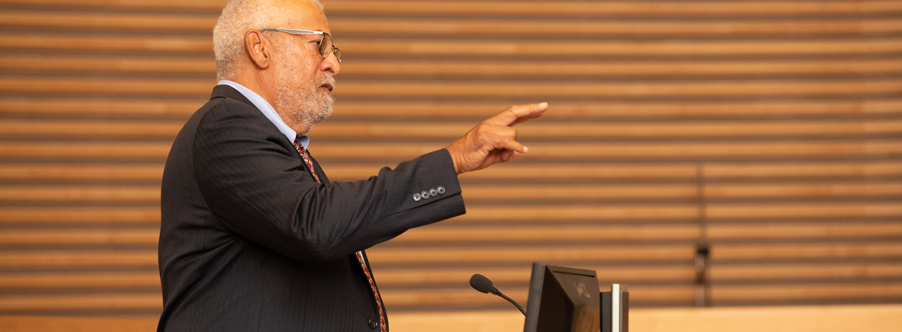
And Hall would know, having had an illustrious career that includes working in law firms, serving as corporate counsel for the City of Detroit, being appointed chief assistant prosecutor for Wayne County, and lobbying as Ford’s vice president of governmental affairs.
“I’ve done a little of everything with my degree,” Hall said of his juris doctor, noting its “utilitarian use.”
As honorary chair of the executive committee for the Black Law Alumni Council (BLAC), Hall now looks forward to seeing what Wayne Law’s next generation can accomplish — and how members like him can help.
“I’m very pleased to see just what we can do to enhance the stature of the Law School and improve minority participation on all levels,” he said of BLAC, which was established last year as an affiliate organization of the Wayne State University Alumni Association.
For alumni like retired faculty member Lawrence C. Mann ’80, the council has been a long time coming.
“Hoping to piggyback on all of that,” Mann continued, “we hope to help them integrate into the legal community and explore, and to offer service where possible.”

“We need to bring together the alumni that are so distinguished around the country to work on certain projects facing the legal profession and the Law School as a whole, particularly issues dealing with student engagement, faculty success and alumni outreach,” said Raheem, who is chair of the council’s executive committee.
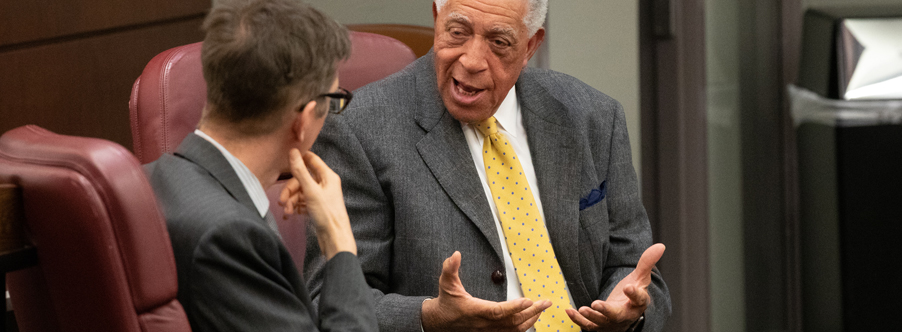
“We want to see Wayne Law continue to be successful,” said Nance, who is also vice chair of the council’s executive committee. “I consider it to be a jewel in the heart of the city.”
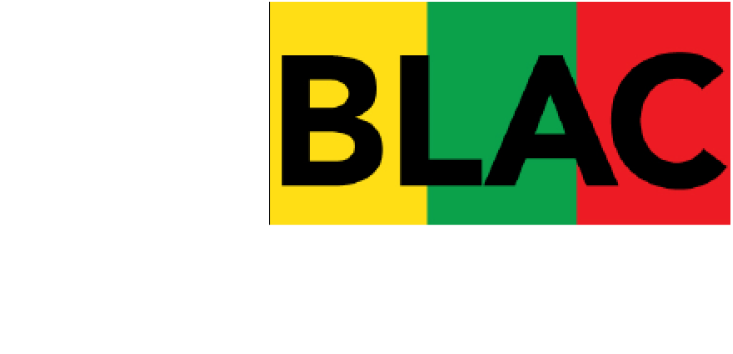
Rasul M. Raheem ’84, ’03, chair
Judge Debra Nance ’99, vice chair
Jessica Mills ’16, secretary
Lawrence C. Mann ’80, founding member
Elliott Hall ’65, honorary chair
Judge Leonia Lloyd ’79
Judge Patricia L. Jefferson ’86
Judge Michael E. Wagner ’87
Ericka Matthews-Jackson ’97
Robert Thomas ’13
Steve Williams ’09, ’12
Monica Smith ’09
Jerry Dorsey IV ’86
Judge Christopher Blount ’06
